The Eastern Cape Human Rights Count!, implemented in 2011 by the National Association People living with HIV/AIDS (NAPWA) in South Africa.
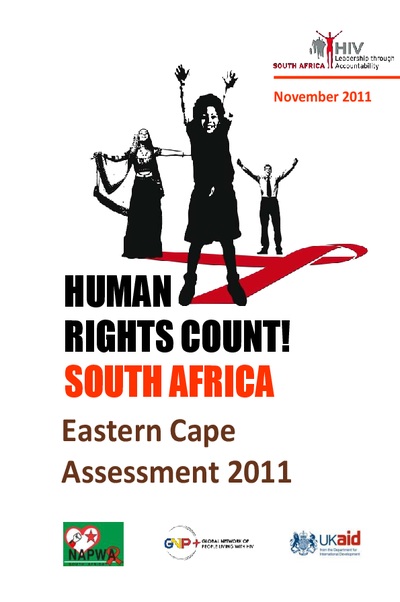

The Eastern Cape Human Rights Count!, implemented in 2011 by the National Association People living with HIV/AIDS (NAPWA) in South Africa.
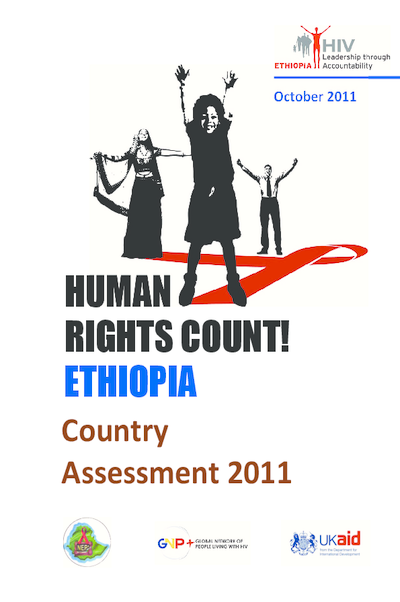
The Ethiopian Human Rights Count!, implemented in 2011 by the Network of Networks of HIV-Positives in Ethiopia (NNEP+) documents findings on the experiences of HIV related human rights violations experienced by people living with HIV in Ethiopia.

The 3rd HIV LTA Planning and Review Meeting marked a new stage in the evolution of the LTA programme, with the first round of countries that joined the programme sharing their expertise and taking on mentorship roles to the other countries. In addition, they shared key findings and strategized about how civil society and the national networks of PLHIV should work together to plan and implement evidence-based advocacy and campaigns.
Available in English and French

This is the Civil Society Declaration for the UN High Level Meeting on AIDS in 2011
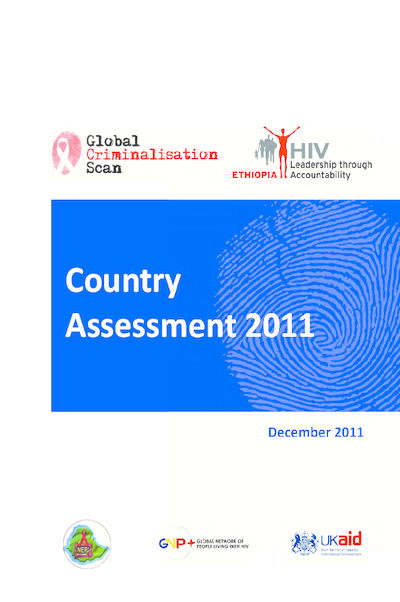
The Ethiopian Criminalisation Scan implemented in 2011 by the Network of Networks of HIV-Positives in Ethiopia (NNEP+) documents findings criminalisation of HIV transmission in Ethiopia.
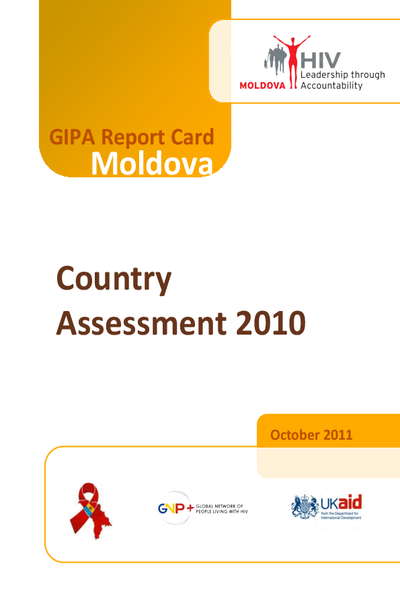
GNP+ is implementing the GIPA Report Card, an advocacy tool designed to gather information on the level of application of the greater involvement of people living with HIV (GIPA) principle. The GIPA Report Card seeks to increase and improve the programmatic, policy and funding actions taken to realise the greater involvement of people living with HIV in a country’s HIV response. National networks of people living with HIV are leading the process in their countries. Here you will find the results of the Gipa Report Card in Moldova.
Available in English, Russian and Romanian
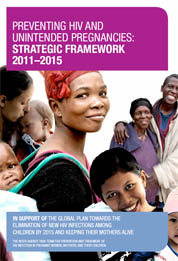
This framework supports the ‘Global Plan Towards the Elimination of New HIV Infections among Children by 2015 and Keeping their Mothers Alive’. It is a product of The Inter-agency Task Team (IATT) for Prevention and Treatment of HIV Infection in Pregnant Women, Mothers, and their Children and was developed by the IATT Working Group on Primary Prevention of HIV and the Prevention of Unintended Pregnancies in Women Living with HIV (now included with the Integration Working Group under the re-configured IATT).
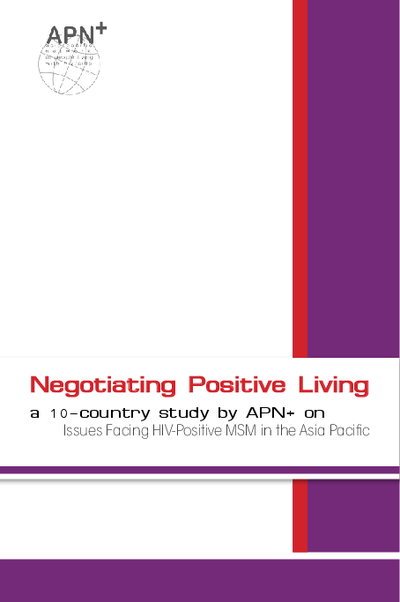
This study is a concerted effort by APN+ to tell and make sense of the stories of positive MSM and their relationships with HIV, society and culture in the region. By focusing on community participation from the onset of study design to implementation, this study encourages mutual understanding by engaging positive MSM communities in the region and providing them safe spaces to tell their stories. By doing so, we have attempted to meet individuals and communities at their own levels, and facilitate a deeper understanding of their relationship with HIV.

Based on input from networks of people with HIV worldwide, Advancing the Sexual and Reproductive Health and Human Rights of People Living with HIV (the ‘Guidance Package’) was developed by GNP+ with its global partners. The Guidance Package explains what needs to be done by global stakeholders in the areas of advocacy, health systems, policy making, and law to support and advance the issues of sexual and reproductive health and rights (SRHR) – and why they matter.
The Guidance Package has been further elaborated into five policy briefings on key populations living with HIV and advancing SRHR for PLHIV: people who use drugs, sex workers, men who have sex with men, prisoners and migrants. These set of policy briefings take the Guidance Package to a more in-depth level, taking the ‘lens’ of a population of people living with HIV and articulating specific and concrete advocacy and programme recommendations that meet the needs of those key populations of PLHIV.
Available in English and French.
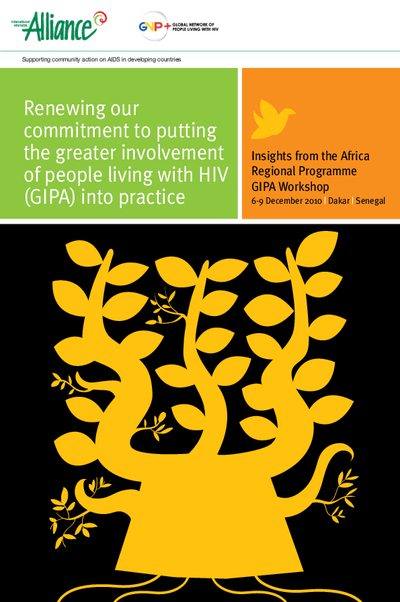
This report reflects the workshop on the GIPA Good Practice Guide that was conducted jointly by GNP+ and the Alliance in Dakar, Senegal, in December 2010. The workshop aimed to discuss how people living with HIV are involved in delivering HIV programmes in Africa. Based on the recently developed GIPA good practice guide, the principle of the greater involvement of people living with HIV (GIPA) was revisited to assess how it is being applied in HIV programmes so that people living with HIV can play an effective role in how HIV work is shaped and run in their countries.
Smaller versions of the report are available in black and white in English and French.

GNP+ and the World AIDS Campaign supported the development of key advocacy priority messages and a briefing paper by and for young people living with HIV. These messages mean to inform the 2011 UNGASS process. These priorities were formulated based on results from an online survey with 168 young people living with HIV from 55 countries, as well as a literature review and interviews with several key informants.
Young people living with HIV want:
Available in English, French, Russian and Spanish

At the request of several missions, the Civil Society Coalition has put together a briefing paper on the language in the latest version of the Outcome Document. Based on the civil society declaration, the advocacy messages for member states missions, and briefing documents and letters put out by wider civil society, this briefing paper focuses on the most contentious issues in the negotiations in each of our four categories: human rights, treatment, prevention, and funding.
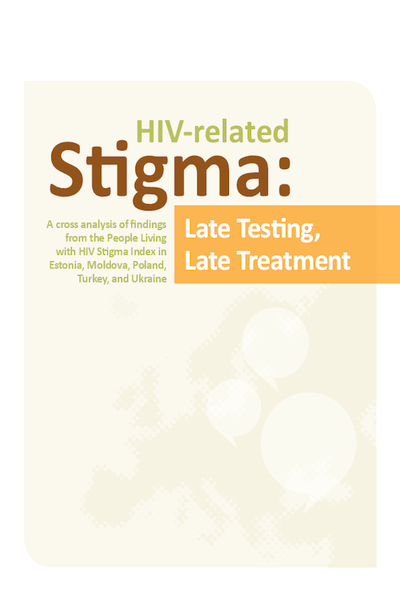
This report is a cross analysis of PLHIV Stigma Index data from the research carried out in Estonia, Moldova, Poland, Turkey, and Ukraine, bringing a specific lens to bear on the issues regarding barriers to accessing testing and care. To read a summary presentation of the studies, you can view the presentation below.

From December 2010 to February 2011, GNP+ and ICW Global held a series of consultations with people living with HIV to gather their perspectives and personal experiences on how programmes and services that seek to prevent the transmission of HIV from a mother to a child should be organised and run. The recommendations from people living with HIV were shared with the Interagency Task Team (IATT) for Prevention of HIV Infection in Pregnant Women, Mothers, and their Children to support them in strengthening a strategic framework they are developing for the primary prevention of HIV among women of reproductive age and the prevention of unintended pregnancies among women living with HIV (components 1 and 2 of PMTCT).
The consultations revealed that greater uptake of PMTCT services is facilitated by the following:
For further information about the consultations held, the findings and the recommendations, please see the following reports:

During the European Regional Red Cross & Red Crescent Conference in 2002 held in Berlin National Societies made a unanimous decision to focus on both HIV/AIDS and TB and to strengthen the network to support these activities. This was further reiterated during the 14th International AIDS Conference in Barcelona in 2002 when the Federation publically reaffirmed their on-going commitment and involvement in the fight against HIV/AIDS.
This is the first formal evaluation of ERNA (European Red Cross & Red Crescent Societies Network on HIV/AIDS &TB) since its formation in the late 1990s. It covers principally the previous 4 years (since 2007) and is based on terms of reference developed during the September 2010 General Meeting in Minsk, which include reviewing relevance, effectiveness, efficiency and impact of the network in relation to the ERNA Terms of Reference.
Available in English and Russian
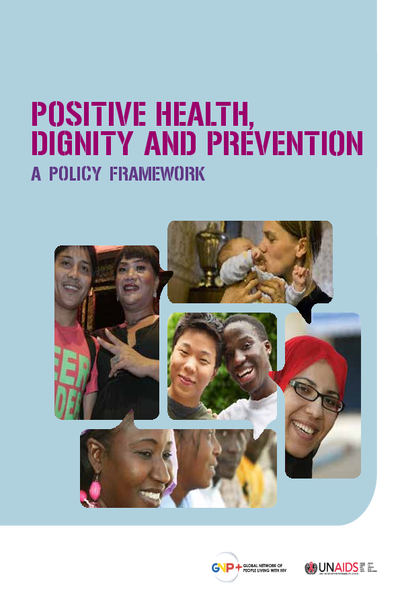
Positive Health, Dignity and Prevention highlights the importance of placing the person living with HIV at the centre of managing their health and wellbeing. Positive Health, Dignity and Prevention: A Policy Framework (January 2011) was developed by GNP+ and UNAIDS through consultation with networks of people living with HIV, civil society, governments, UN cosponsors and donors globally.
The Policy Framework provides the broad concepts that represent the first steps towards operationalising Positive Health, Dignity and Prevention. The Policy Framework informs the development and implementation of operational guidelines that reflect linkages between a wide range of policies and programmes aimed at supporting and improving the health, dignity and prevention needs of people living with HIV.

The Alliance and GNP+ held a workshop from 6–9 December 2010 in Dakar, Senegal, to discuss how people living with HIV are involved in delivering HIV programmes in Africa. The workshop was based on the recently developed GIPA good practice guide. Although the principle of the greater involvement of people living with HIV (GIPA) is not new, it is important to revisit regularly how it is being applied in HIV programmes so that people living with HIV can play an effective role in how HIV work is shaped and run in their countries.
Available in English and French

Y+ is an autonomous network developed from the young people living with HIV programme (Y+ Programme), a GNP+ programme for and led by young people living with HIV (YPLHIV).
The Global Network of People Living with HIV (GNP+) has established the Y+ Programme to address specific gaps in the HIV response and address the specific needs of young people living with HIV (aged 15-30).
Available in English, French, Russian and Spanish

The Network for the Empowerment of People Living with HIV/AIDS in Kenya (NEPHAK) would like to thank the respondents for enriching this report with their thoughts and experiences. In spite of the many demands on their time, they made themselves available to participate in this study.
The Greater Involvement of People Living with HIV and AIDS (GIPA) Report Card is an advocacy tool that measure the application of the GIPA principle in the national response to HIV. In this study a total of 27 organisations from different sectors were purposively sampled and individuals in these organisations interviewed on the application of GIPA principles in Kenya. The sectors represented were the public sector including the National AIDS Control Council, the private sector, civil society, networks of people living with HIV and AIDS (PLHIV), the UNAIDS Secretariat and the country coordinating mechanism (CCM).
This report was produced as part of HIV Leadership through Accountability programme, which ran for five years, from 2009 to 2013
It was spearheaded Global Network of People Living with HIV (GNP+) and the World AIDS Campaign (WAC), and funded by the Department for International Development (DfID), to create evidence-based campaigning, advocacy and lobbying for and by people living with HIV. Research was carried out to inform and strengthen national, regional and international advocacy, and was implemented with a bottom-up approach, informed by community responses, and strengthened by South-South collaboration.
The countries where the programme was implemented were: Cameroon, Ethiopia, Kenya, Malawi, Moldova, Nigeria, Senegal, South Africa, Tanzania and Zambia.
More information and background materials can be found at http://www.hivleadership.org/ which is the archive site for the programme

Many acronyms are used in the HIV response, but none with more potential for creating positive change than GIPA – the greater involvement of people living with HIV. Translating principles into practice, and making them work within your organisation and programmes, can be challenging but needs to be at the centre of responses to HIV.
The guide offers support for translating the GIPA principle into practice at the programme level. It provides background information and practical strategies to help programme officers meaningfully involve people living with HIV in new and existing programmes.
Available in English, French and Spanish.
The GIPA Tree from the Good Practice Guide can also be downloaded separately below.